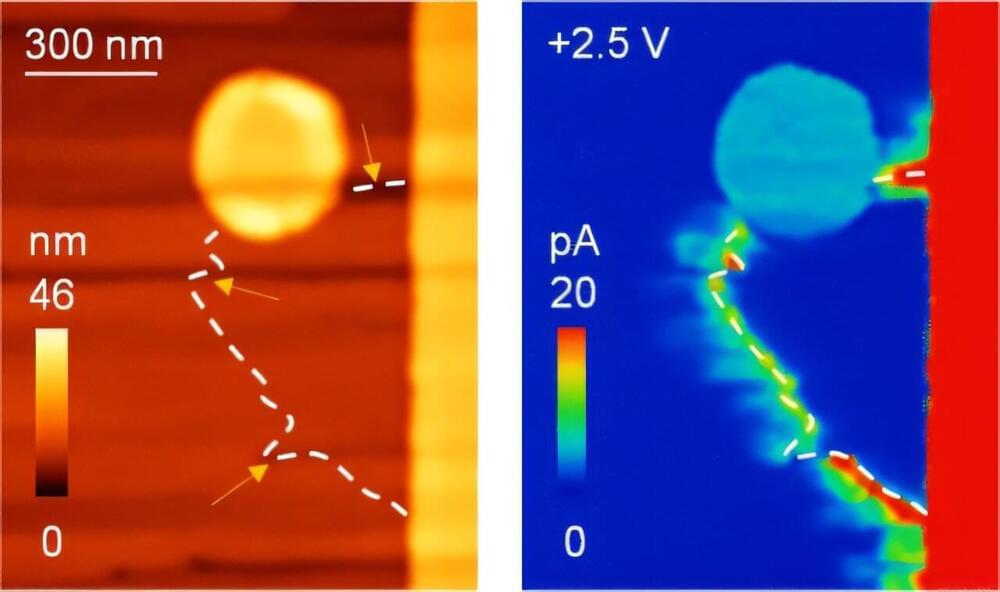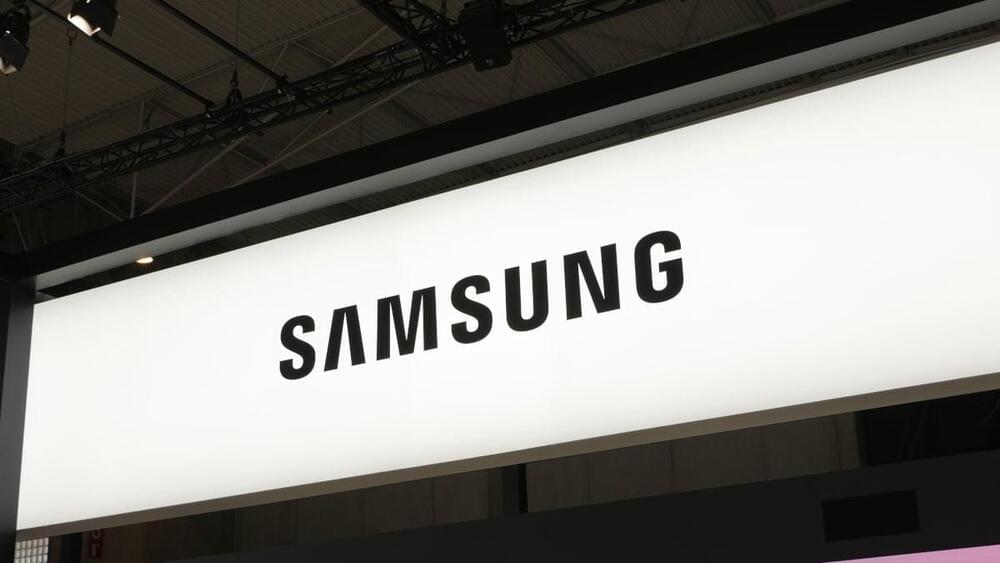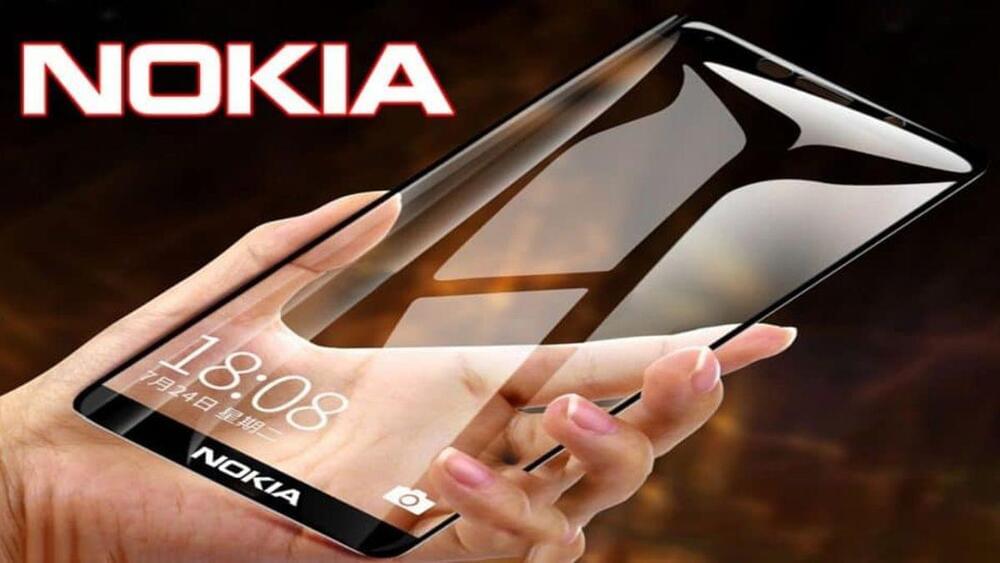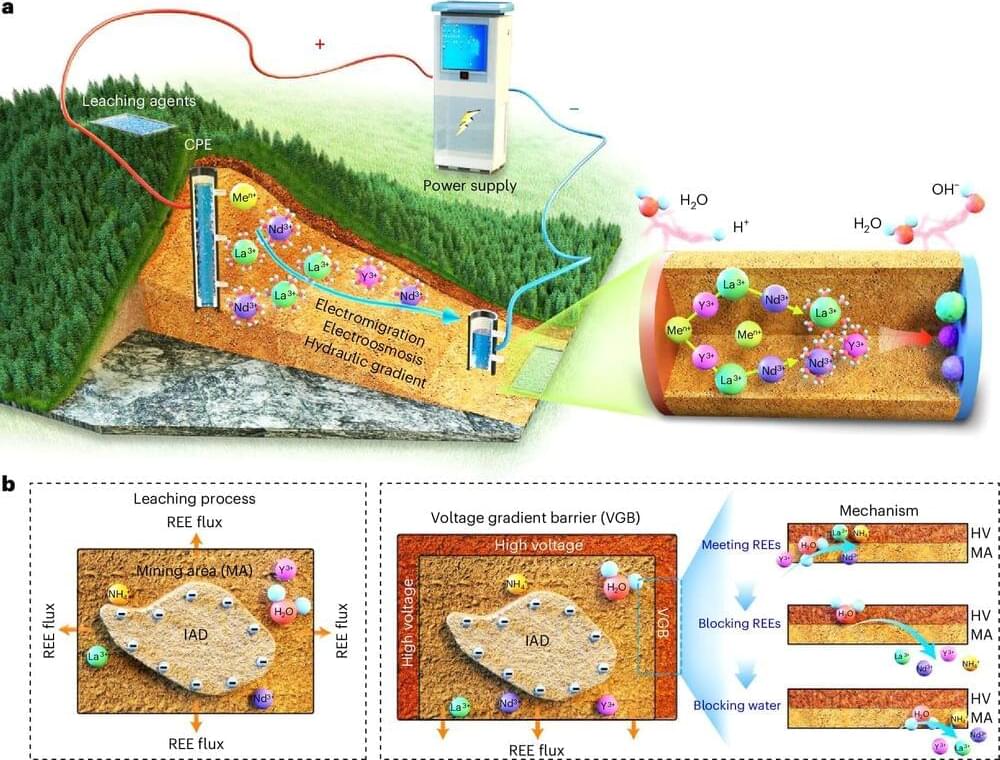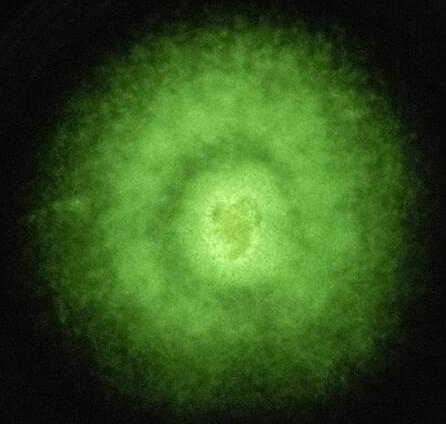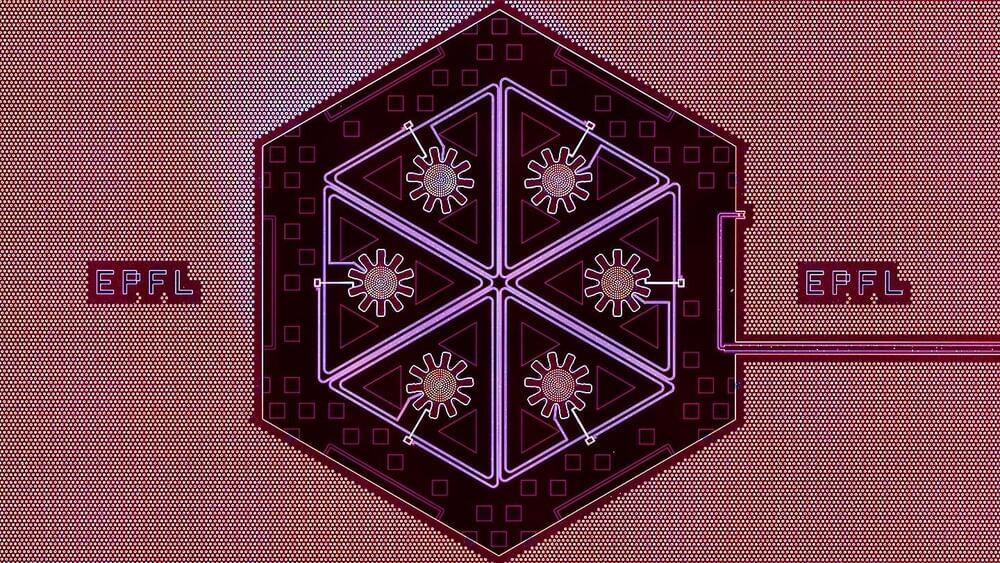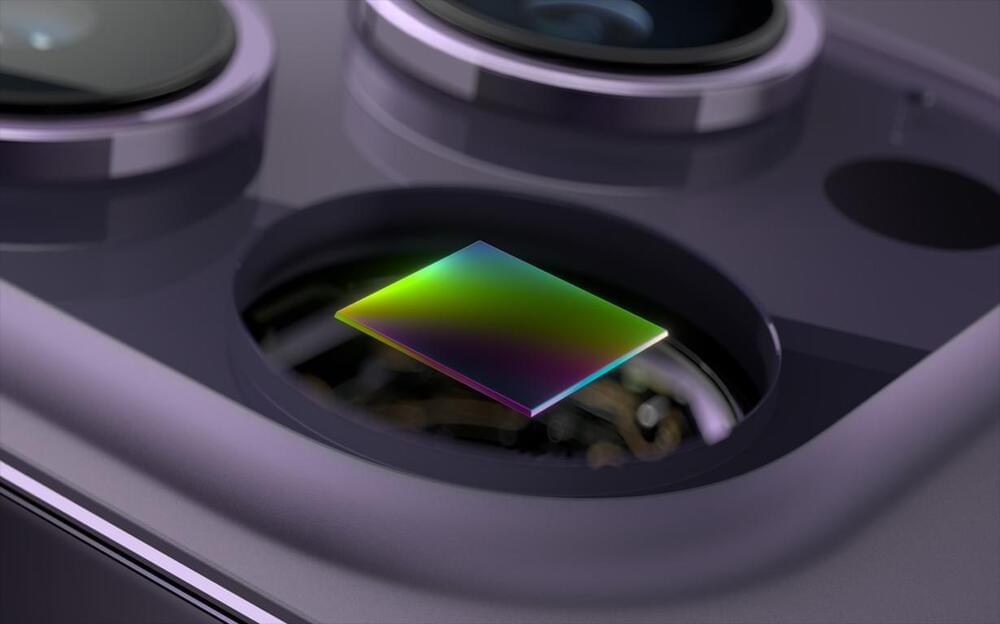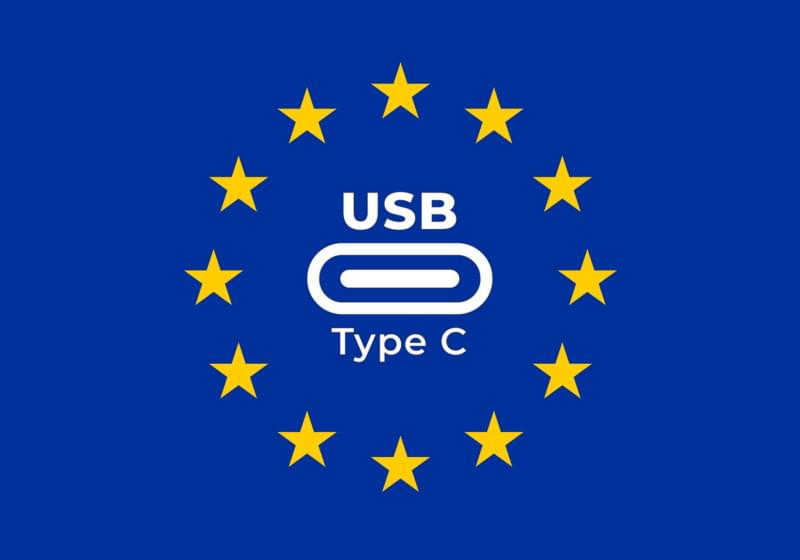Imagine a future where your phone, computer or even a tiny wearable device can think and learn like the human brain—processing information faster, smarter and using less energy.
A new approach developed at Flinders University and UNSW Sydney brings this vision closer to reality by electrically “twisting” a single nanoscale ferroelectric domain wall.
The domain walls are almost invisible, extremely tiny (1–10 nm) boundaries that naturally arise or can even be injected or erased inside special insulating crystals called ferroelectrics. The domain walls inside these crystals separate regions with different bound charge orientations.
